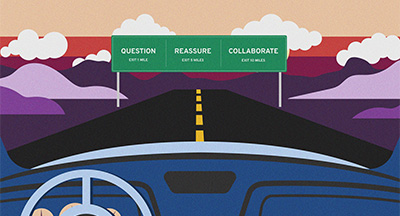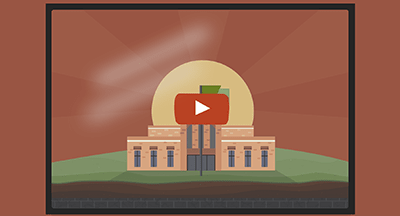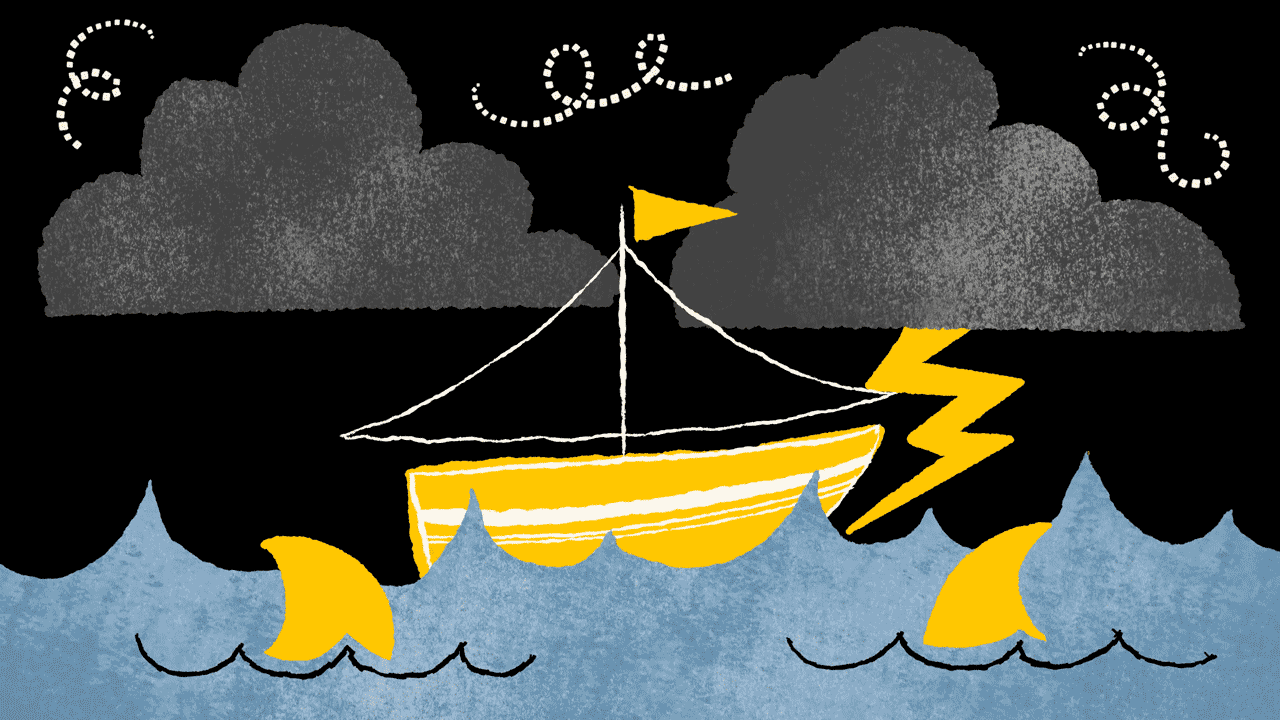
In education, there is an unwritten expectation that to be in the profession is to know things, know them well, and at the drop of a hat.
For an administrator, teacher, or member of staff, it’s daunting to say “I don’t know.” No one wants to experience the embarrassment of seeming inept in the eyes of others, even though admitting to a gap in knowledge could dispel discomfort and begin the fact-finding process. But what’s the best way to navigate the tension created from what others expect us to know versus what we have yet to learn? How can we break down the bias?
A different kind of bias
In this case, “bias” doesn’t necessarily refer to conscious prejudice, but rather errors in thinking from oversimplifying complex situations. When faced with “I don’t know,” The Curse of Knowledge Bias makes us balk when other people don’t know the same things we know, since it feels like it should be common knowledge.Along with this is the Self-Serving Bias, which makes a person attribute others’ mistakes to personal flaws, while blaming their own mistakes on external factors instead of their own failings. With these combined, suddenly one person’s “I don’t know” sounds like “I’m ignorant, and it’s my own fault.”
Exploring the lines of inquiry
Even if competence is never called into question, one thing “I don’t know” does is throw a mental trip-line in the conversation, potentially leaving both parties unsure how to continue.The best defense against the biases, conversational trip-ups, and being out of the loop in general is curiosity and compassion from both sides.
Ask a question
“I don’t know. Can you tell me more about that?”Sometimes we know more than we realize, but there’s just a key piece of information missing. Asking for expansion or clarification may unlock a hidden piece of prior knowledge or experience that can give the current situation the context it needs. If the picture’s still fuzzy after follow up, that’s not a failure—it’s just a sign to keep asking, keep listening, and keep searching for new knowledge.
Provide reassurance
“I don’t know the answer to that, but I am going to find out.”The biggest fear in the face of “I don’t know” is that assumed dead-end of discourse. Having a plan to investigate the problem at hand can be enough to assuage that fear. Not only does this assure a commitment to problem solving, but by going a step further and providing details about how you will find out, your commitment won’t just sound like empty words.
Foster inclusion and collaboration
“I don’t know. What are your thoughts? What would you do in this situation?”Saying these words doesn’t weaken your leadership, but strengthens it. Instead of pretending to have every answer, you’re opening the door for collaboration. Be aware, however, that the goal isn’t to make them carry the problem—it’s to carry it with them. If they feel like you're passing the buck, you run the risk of losing trust. It’s best to keep in mind that sometimes people don’t need immediate solutions, but rather they need to feel heard, respected, and included in the problem solving process.
Authenticity over ego
Creating a culture of authenticity is always more desirable than maintaining a façade of perfection. It demonstrates prioritizing a workplace where uncertainty isn’t punished, where questions are allowed, and where growth is the goal. People don’t need their leaders to be flawless; they need them to be honest, approachable, and willing to learn.Let’s face it: none of us have it all figured out, so let’s make admitting it a show of strength.
Follow-up resource: Huge embarrassing failures
Did you know one of the marks of a great leader is a string of failures? Let's explore how trying, failing, and trying again makes success sweeter.WHAT'S NEXT FOR YOUR EDTECH? The right combo of tools & support retains staff and serves students better. We'd love to help. Visit skyward.com/get-started to learn more.

|
Lindsey Canny Edtech Thought Leader |
Lindsey Canny is a marketing copywriter for Skyward, Inc., a school administration software provider based in Stevens Point, WI. Prior to working at Skyward, Lindsey spent eight years teaching 9th and 10th grade English within the Stevens Point community. Outside of work she enjoys reading books and spending time with her husband and cat.





